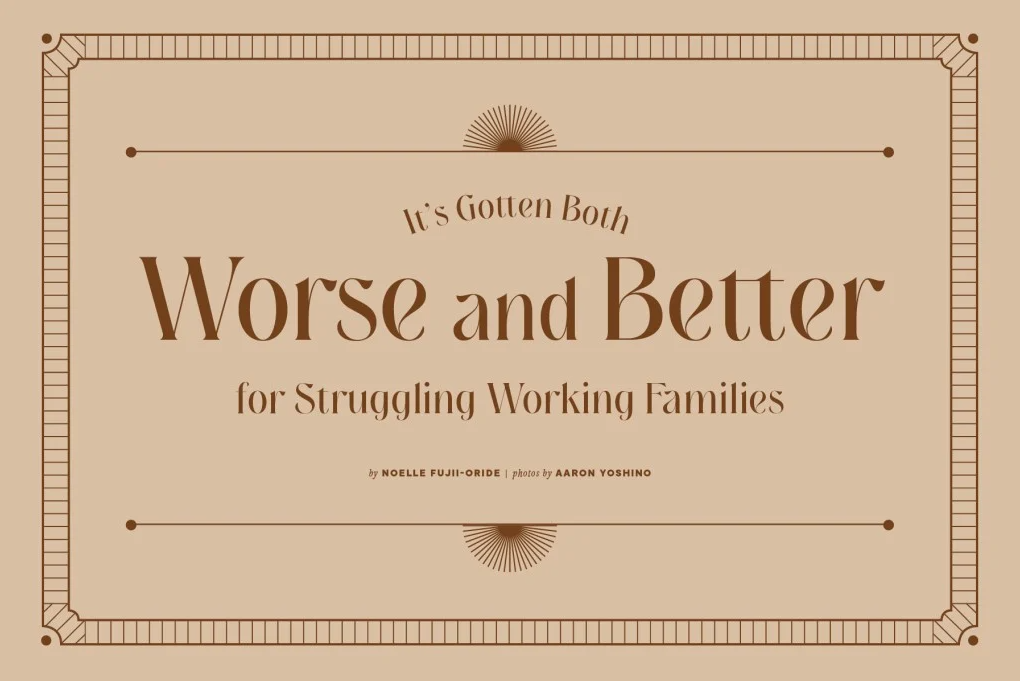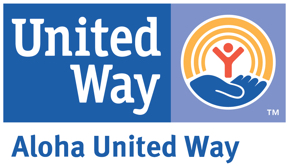
Jul. 27, 2022
Article Courtesy of Hawaii Business Magazine, Written by Noelle Fujii-Oride
“I want to make a good life for my kids.”
That is the most frequently stated goal among the hundreds of Hawai‘i residents who have participated in the Council for Native Hawaiian Advancement’s workforce training academies, says Mehanaokala Hind, senior director of community programs.
Hind says the plaintive hope in that goal shows how hard it is to live in Hawai‘ i, where the average pay doesn’t cover the high cost of housing, food and other essentials.
“The struggle to just simply survive here, it’s almost like it’s hard for them to have other goals other than surviving here,” she says.
Many who enter the training academies are trying to build better lives for themselves and their families. They have jobs but are financially vulnerable, with little to no savings and with incomes that barely cover their basic needs.
A job loss, health emergency or rent increase can drop them into poverty. These working people are ALICE, an acronym that stands for “asset limited, income constrained, employed.”
A Group of Nonprofits
The Council for Native Hawaiian Advancement is part of a cohort of 17 local nonprofits trying to tackle the systemic problems that make it so hard for ALICE households to achieve economic security and prosperity. Their projects help ALICE workers become more financially stable, find affordable housing and get involved in decision making on the policies and rules that govern their lives.
The nonprofits say their efforts have already helped some individuals reduce their debts; increase their credit scores, incomes or savings; and get involved in shaping solutions for themselves and others.
Michelle Kauhane, senior VP of community grants and initiatives at the Hawai‘i Community Foundation, says the work is especially important considering the economic impact Covid will continue to have in the next decades.
“Parents who struggle now, who haven’t been working for a few years or who have been surviving off unemployment and part-time salaries, what is that impact on their children?” she asks. “This is not just about the two or three years that we are focused on containing the pandemic, but about the generational impact that this kind of economy has.”
